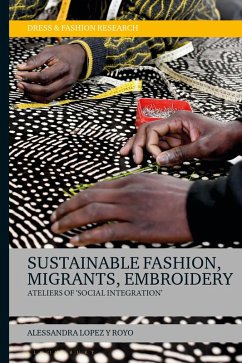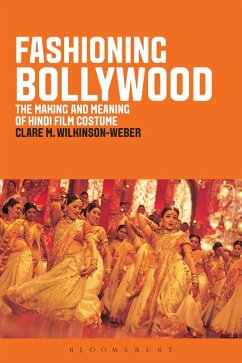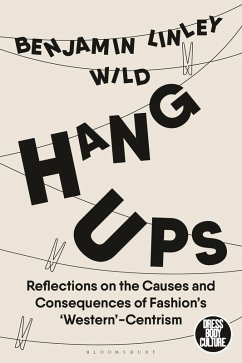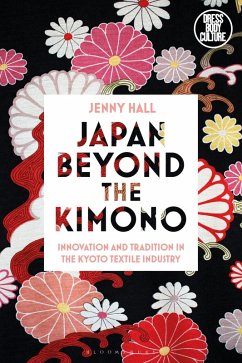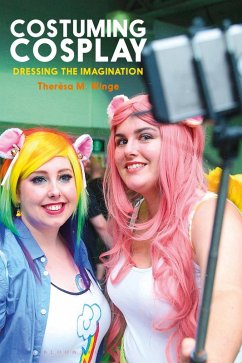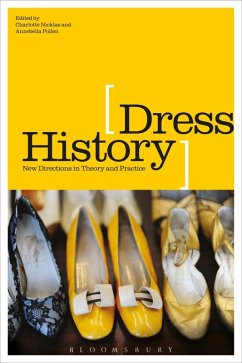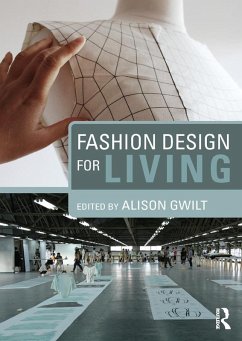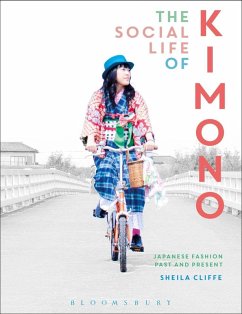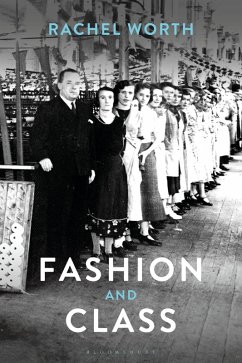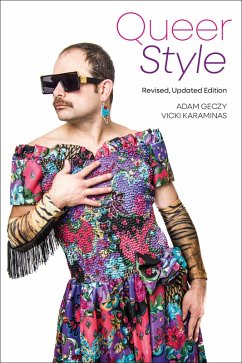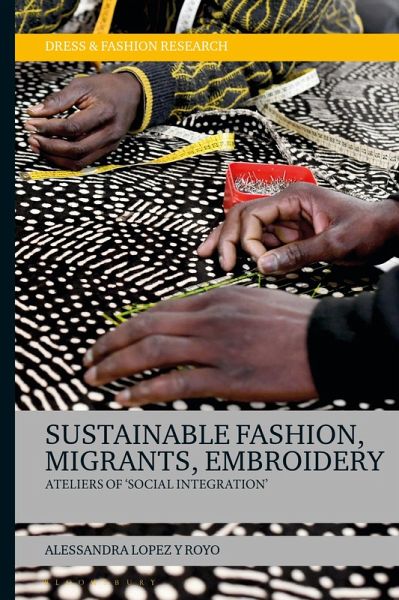
Sustainable Fashion, Migrants, Embroidery (eBook, PDF)
Ateliers of 'Social Integration'
Versandkostenfrei!
Sofort per Download lieferbar
70,95 €
inkl. MwSt.
Weitere Ausgaben:

PAYBACK Punkte
35 °P sammeln!
Sustainable Fashion, Migrants, Embroidery: Ateliers of 'Social Integration' tells of community-led 'solidarity ateliers' engaged in sewing and embroidery activities which, in the Global North and Global South, are providing a vital alternative to neoliberal and neo-colonial fashion paradigms. On encountering several ateliers solidaires/sartorie sociali during her immersive fieldwork, for which she travelled to Morocco and Southern Italy, and contrasting her findings with her knowledge of parallel and analogous initiatives in London, Alessandra Lopez y Royo suggests that despite their different...
Sustainable Fashion, Migrants, Embroidery: Ateliers of 'Social Integration' tells of community-led 'solidarity ateliers' engaged in sewing and embroidery activities which, in the Global North and Global South, are providing a vital alternative to neoliberal and neo-colonial fashion paradigms. On encountering several ateliers solidaires/sartorie sociali during her immersive fieldwork, for which she travelled to Morocco and Southern Italy, and contrasting her findings with her knowledge of parallel and analogous initiatives in London, Alessandra Lopez y Royo suggests that despite their different outlook and approach these ateliers can be inscribed within an ever-growing economy of solidarity and sharing. With a uniquely combined focus on sustainability, fashion and migration, Lopez y Royo examines how the ateliers foreground a powerful social inclusion agenda, encouraging migrants (and refugees) to collaborate, exchange knowledge, and foster communities on a level playing field with locals. Questioning widely accepted notions of 'empowerment' and 'social integration', and drawing on her background in archaeology and material culture studies, Lopez y Royo uses micro-studies to illuminate a broader path to a more inclusive, sustainable, and socially conscious industry, presenting a fresh perspective on repurposing and upcycling. In a world grappling with the need to shift away from fast fashion's wasteful practices, this thought-provoking exploration shows how slow-growth 'solidarity ateliers' can challenge the widely accepted notions of both 'fashion' and 'social integration'.




